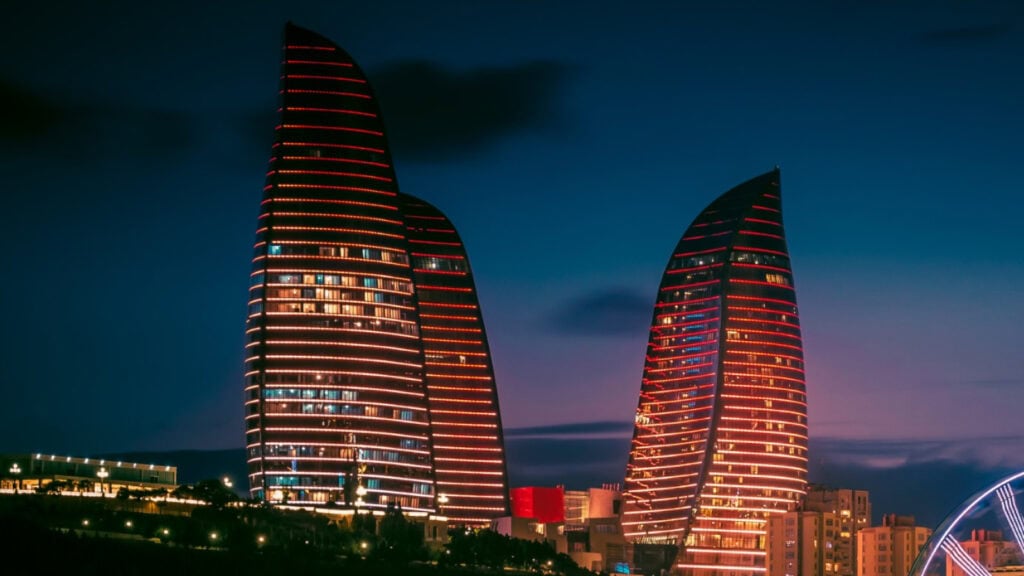Leyla and Arzu Aliyeva have held accounts at several overseas banks, including some registered in tax havens with lax financial oversight and poor records for international police cooperation. The use of private banks—regardless of the type of client—is a red flag for suspicious activity, according to the Financial Action Task Force (FATF).[1294] *
One bank where Leyla and Arzu Aliyeva held accounts, according to confidential files leaked to Bloomberg, is Banque Havilland, a private bank headquartered in Luxembourg.[622] Luxembourg—a landlocked European country nestled between France, Belgium, and Germany—has struggled to shake off its reputation as a tax haven, having been temporarily placed on the FATF’s grey list in 2009.[1369] Recent FATF reports note that “further work needs to be done” with respect to the country’s financial services, while its banking and investment sectors remain particularly vulnerable to financial crime.[1346]
Banque Havilland is owned by the family of David “Spotty” Rowland, a British property developer and former treasurer of and major donor to the British Conservative Party.[622] [624] [625] The sisters’ relationship with the bank began after the Rowlands accompanied the UK’s Prince Andrew on a diplomatic trip to Azerbaijan in 2008.[626] In 2009, PASHA Holding LLC, an Azerbaijani conglomerate ultimately owned by the Aliyeva sisters, sent $5 million to an investment fund controlled by the Rowlands that had an account at Banque Havilland.[626]
In 2014, Banque Havilland bought a Bahamas-based bank where the Aliyeva sisters had accounts.[626] Bloomberg did not name the Bahamas-based bank, but Banque Havilland acquired Pasche Bank & Trust, a Bahamas bank, in 2014.[1008]
Between 2018 and 2020, the Bahamas was identified by the FATF as having “strategic deficiencies” in its approach to combatting financial crime, including gaps in the investigation and prosecution of money laundering, and the Caribbean tax haven was placed under increased monitoring until 2020.[1347] [1348]
The sisters opened five more accounts at Banque Havilland in Luxembourg, according to a 2018 report by the Commission de Surveillance du Secteur Financier (CSSF), the country’s financial regulator.[626] According to the CSSF report, the bank had classified the Aliyeva sisters as politically exposed persons (PEPs), as it was required to do, but had failed to obtain sufficient documentation to establish their source of wealth.[626] The report stated that Banque Havilland held documents showing that transfers tied to the Aliyev family had been monitored by banks in the US and that two banks in Dubai no longer wished to process payments on their behalf.[626]
The CSSF report concluded that Banque Havilland had failed to put measures in place for “high-risk clients” and had failed to establish the nature of the Aliyevas’ business relationship with Mikhail Gutseriev, a billionaire Russian oligarch whose family the sisters had lent money to using their accounts at the bank.[626]
According to Bloomberg, the bank was investigated by the CSSF for potential offences involving laundering money for their politically exposed clients, including Leyla and Arzu Aliyeva.[1061] In December 2018, the CSSF fined Banque Haviland 4 million euros ($4.6 million) for failure to comply with anti-money laundering regulations.[1062] [1083] The CSSF referred the matter to Luxembourg prosecutors, who opened a criminal probe.[1061]
To learn more about the Aliyev family’s enablers, including Banque Havilland, read The Sentry’s paper “Azerbaijan’s Enablers: Exposing the Team That Helped Construct and Maintain the Aliyev Empire.”
* The Financial Action Task Force (FATF) is an international body that develops and promotes policies to protect the global financial system and sets standards for money laundering controls.
